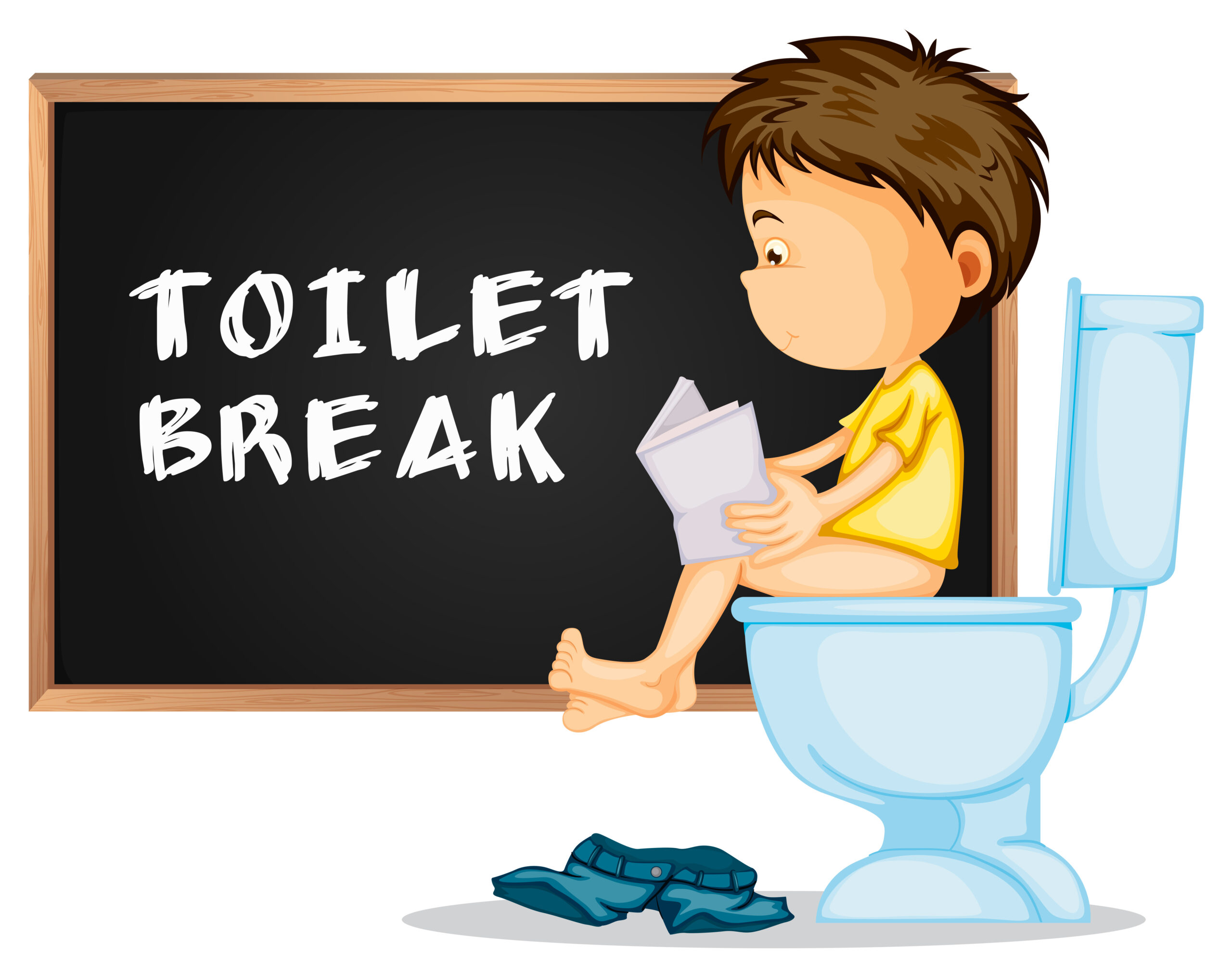Back
Pelvic Floor Therapy and Pediatrics
By Shannon Strauch, PTA, STMT-1 on 5/16/2024

Children may need pelvic floor therapy for various reasons, as pelvic floor dysfunction can affect them just as it does adults. Pediatric pelvic floor issues are an important area of concern, especially concerning bowel and bladder function. Here are some key points about the pelvic floor and its relevance in pediatric care:
Developmental Considerations:
Pediatric pelvic floor issues can arise from developmental factors. Children may experience difficulties with bladder or bowel control as they learn to coordinate the muscles and nerves involved in these functions.Neurological Conditions
: Conditions such as spina bifida or cerebral palsy that can impact nerve function and muscle control in the pelvic floor.Postural Issues
: Poor posture affecting the alignment and function of the pelvic floor muscles, leading to various dysfunctions.Incontinence:
Incontinence, both urinary and fecal (Encopresis), can be linked to pelvic floor dysfunction in children. This dysfunction may manifest as involuntary leakage or difficulties with voiding or defecation. "Giggle incontinence" can occur if a child does not know how to contract their pelvic floor muscles while laughing or playing. Incontinence may also occur when children are playing and are not listening to the signals their body is sending them because they don't want to stop from their playing. Bedwetting (Nocturnal Enuresis) is involuntary urination during sleep, common in children but may persist beyond the usual age.Constipation and Pelvic Floor:
Constipation is a common pediatric issue that can be influenced by pelvic floor function. Children with pelvic floor dysfunction may have difficulty relaxing the pelvic floor muscles during bowel movements, leading to constipation and stool withholding behaviors.Voiding Dysfunction:
Pediatric voiding dysfunction encompasses a range of issues related to bladder function, including urgency, frequency, incomplete emptying, and recurrent urinary tract infections. Pelvic floor dysfunction can contribute to these problems.Pelvic Pain:
While less common in children than adults, pelvic pain can occur in pediatric patients and may be related to pelvic floor dysfunction. Pain in the pelvic region can affect bladder and bowel function, leading to issues such as urinary urgency or difficulty with bowel movements.Urinary Frequency and Urgency
: The need to urinate more frequently than usual or sudden, strong urges to urinate (also known as over active bladder, OAB).Urinary Tract Infections (UTIs):
Recurrent UTIs might be related to pelvic floor dysfunction, affecting bladder emptying and hygiene habits.Functional Gastrointestinal Disorders
: Conditions like irritable bowel syndrome (IBS) that can affect bowel habits and pelvic floor function.
Evaluation and Treatment:
Evaluating pediatric pelvic floor issues typically involves a comprehensive assessment that may include medical history, physical examination, bladder and bowel diaries, and sometimes specialized tests like urodynamic studies. Treatment options can vary but often include pelvic floor physical therapy, behavioral interventions, dietary modifications, and in some cases, medications.Pediatric Pelvic Floor Physical Therapy:
Pelvic floor physical therapy for children focuses on age-appropriate techniques to improve pelvic floor muscle function, coordination, and relaxation. This may involve exercises, biofeedback, behavioral strategies, and education for both the child and their caregivers.Multidisciplinary Approach:
Managing pediatric pelvic floor issues often requires a multidisciplinary approach involving pediatricians, pediatric urologists or gastroenterologists, pediatric pelvic floor physical therapists, and sometimes psychologists or counselors, especially when psychological factors are involved.It's crucial to address pediatric pelvic floor issues promptly and comprehensively to improve the child's quality of life, prevent complications, and support healthy development. Parents or caregivers noticing persistent bladder or bowel problems in children should seek evaluation and guidance from healthcare professionals familiar with pediatric pelvic floor issues.
Do you have a child who needs help with their pelvis or bowel and bladder function? Reach out to us at Pelvic Health Center in Madison, NJ to set up an evaluation and treatment! Feel free to call us at 908-443-9880 or email us at receptionmadison@pelvichealthnj.com.
Read More:
How Chronic Pelvic Congestion in Men Contributes to Prostatitis By Shannon Strauch, PTA, STMT-1 on 12/11/2024 How lymphatic issues can cause symptoms of prostatitis Prostatitis and Tight Pelvic Floor Muscles: A Comprehensive Guide By Shannon Strauch, PTA, STMT-1 on 12/10/2024 How a tight pelvic floor can be the reason for prostatitis symptoms
Are you ready to live pain free?
Request An Appointment